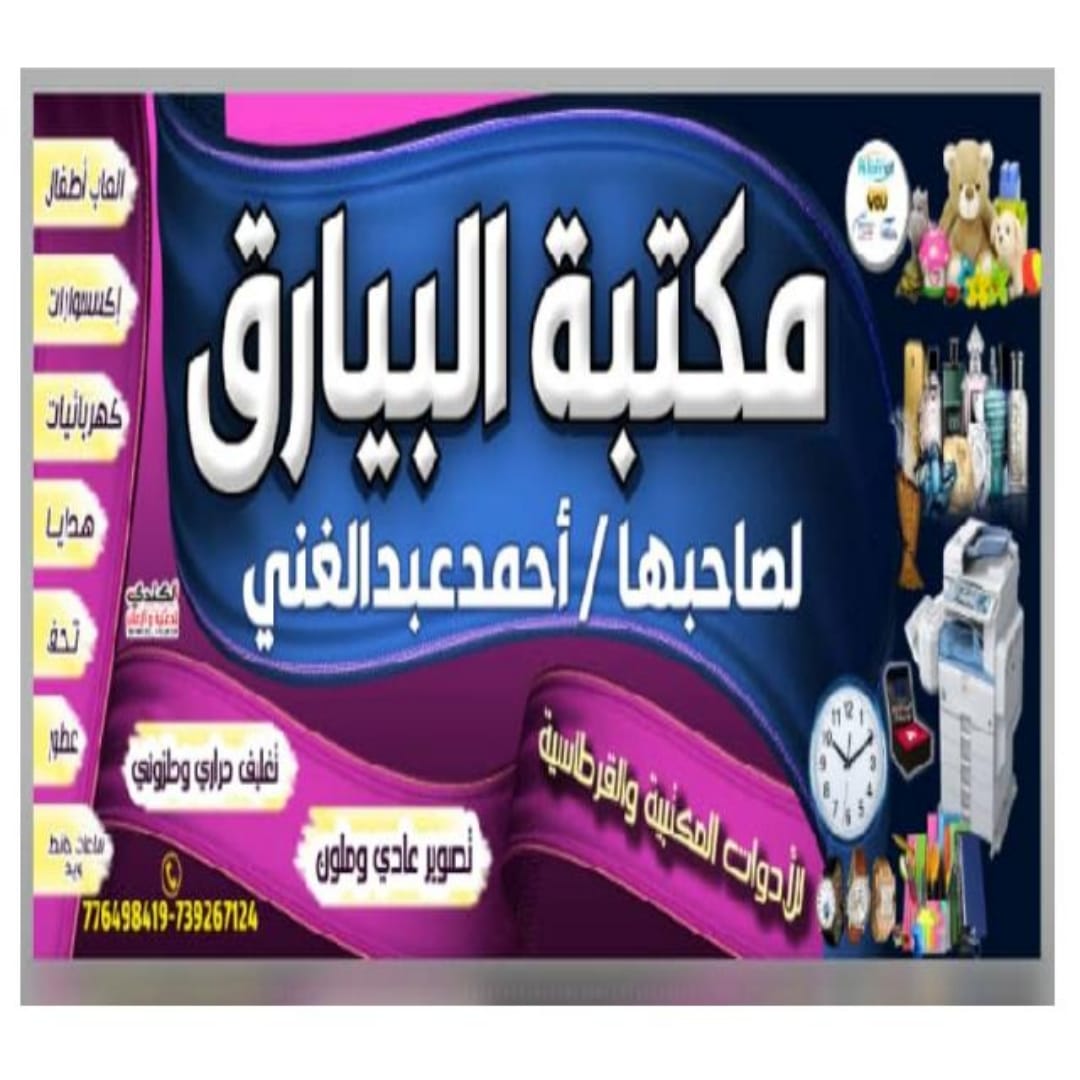The Political Department of the General Secretariat of the Presidency of the Southern Transitional Council held, on Wednesday, in the capital, Aden, a consultative meeting with the southern military under the title "The South and the Current Challenges".
At the beginning of the meeting, Mr. Fadl Al-Jaadi, Deputy Secretary-General of the General Secretariat of the Presidency of the Southern Transitional Council, welcomed the attendees and conveyed to them the greetings of President Aidarous Qasim Al-Zubaidi, the President of the Transitional Council, Supreme Commander of the Southern Armed Forces.
Al-Jaadi said: "I am pleased to participate in this consultative meeting with the southern military about the south and the current challenges, as you are the group that has suffered a lot and has been deprived of their most basic rights since the unjust war of the summer of 1994 until today."
Al-Jaadi continued: "Today, as we march towards independence for our people and the restoration of the state of the south, we hope to achieve all our ambitions and address all difficulties. Our opponents have put many obstacles in our way to obstruct our path towards achieving our desired goal, and an example of this is the war of services waged by those opponents against our people in the south and in the capital, Aden in particular.
Al-Jaadi addressed the military and security participants: "We are proud of you and all your activity, struggle and steadfastness for more than 150 days to win your rights, and we must work within the framework of the southern cohesion to address all the problems that our people suffer from, especially the electricity power file."
Al-Jaadi clarified that the presidency of the council holds periodic meetings to discuss these problems and search for solutions, whether immediate or long-term strategic solutions, the most important of which is cutting the sources of corruption in the institutions of the south.
At the conclusion of his speech, Al-Jaadi hoped to come out of this meeting with constructive recommendations to be submitted to the presidency of the Council, which would contribute to raising the level of political, security and military activity.
In turn, Dr. Khaled Bamadhaf, the Head of the Political department at the General Secretariat, praised the activity of the southern military, stressing that it is not possible to establish a modern state and normalize all aspects of life without the security and military institutions.
Bamadhaf said that the aim of the meeting is to discuss the current situation, and to show that the southern soldiers are sufficiently realized and aware of the current situation, and to search for solutions for it, and that the reality is not as it should be, and is not without difficulties, obstacles and imbalances, which necessitates working hard to reduce them.
After that, the discussion was opened, touching on many issues and problems, starting with salaries, the deteriorating economic situation, the rise in prices and the deterioration of the currency, and the deterioration of services, especially in the field of electricity, and closing with the political, security and military file.
In conclusion, the meeting came out with a number of recommendations, during which the attendees valued the role played by President Aidarous Al-Zubaidi, the President of the Transitional Council, Supreme Commander of the Southern Armed Forces, and the negotiating team, as well as the roles through which the Council seeks to serve the people of the south and their aspirations.
The meeting called for improving the operational and professional performance of the security and military, to serve the public interest and contribute to more security and normalization of life.
The meeting also held the government of parity responsible for the deterioration of services, the deterioration of the electricity sector, the rise in fuel prices, and the trading in the suffering of the people for immoral political purposes through elements in the institutions.


